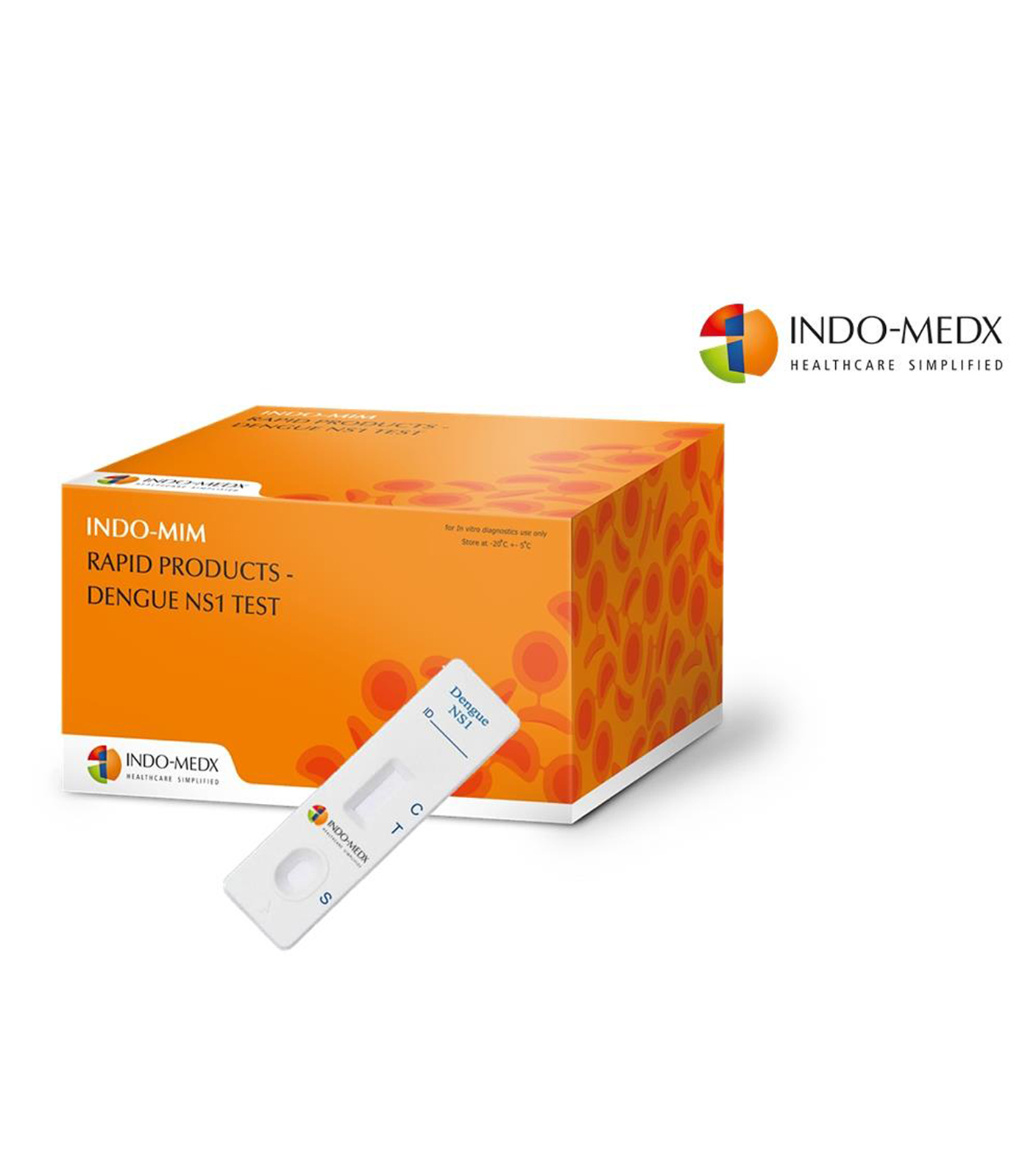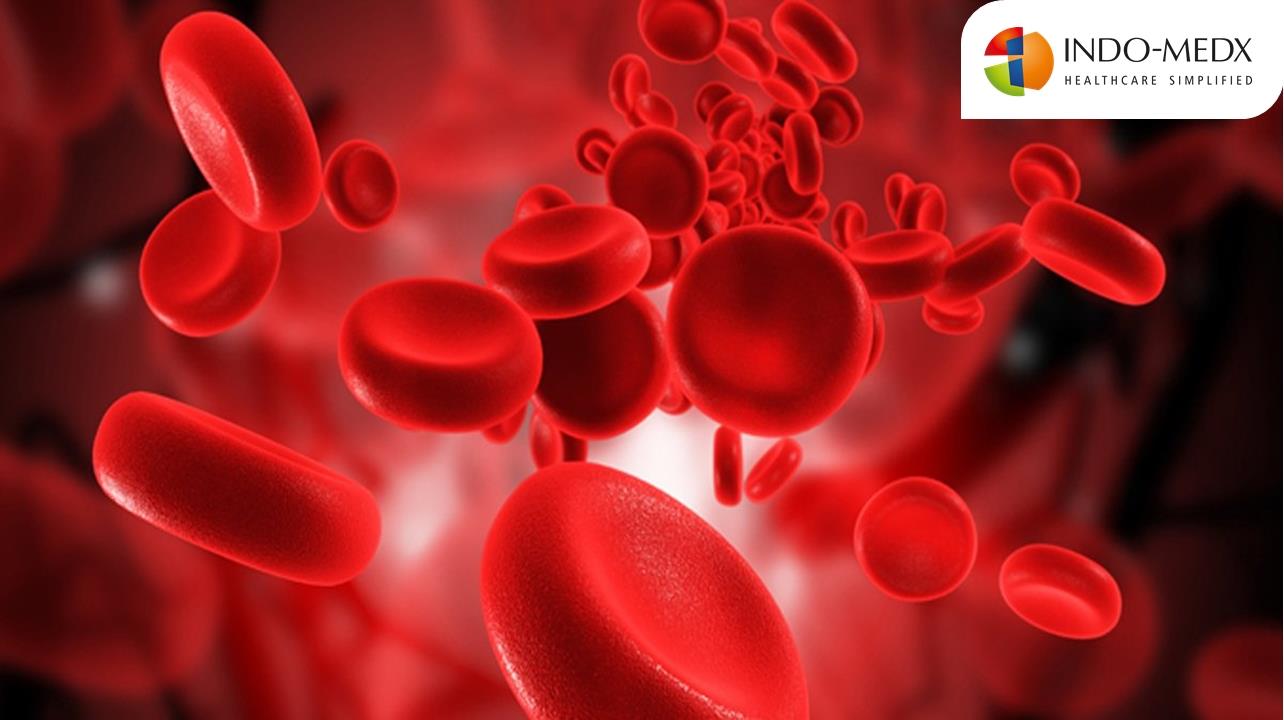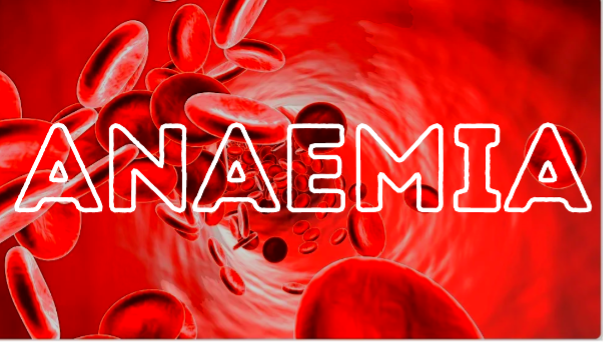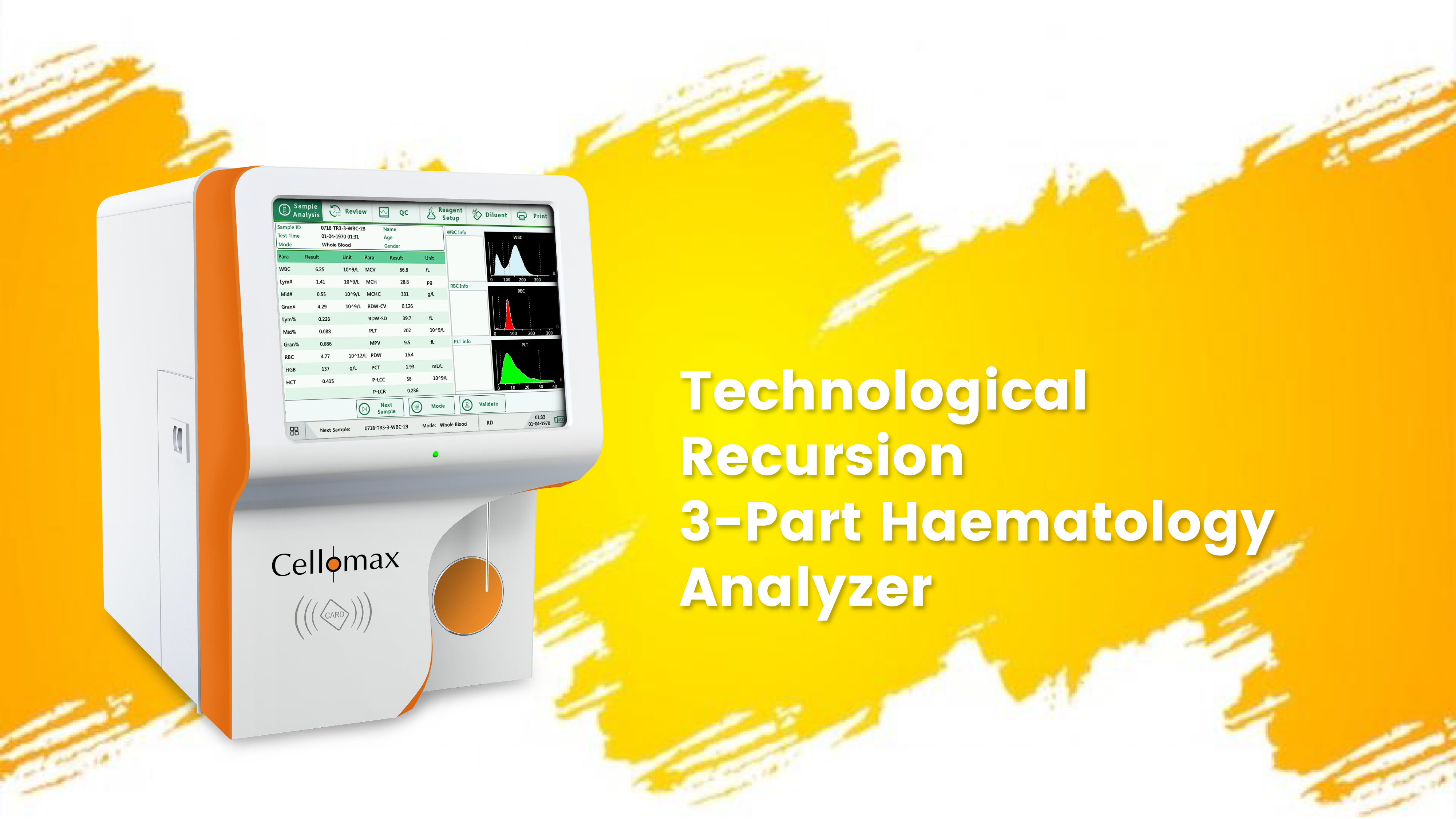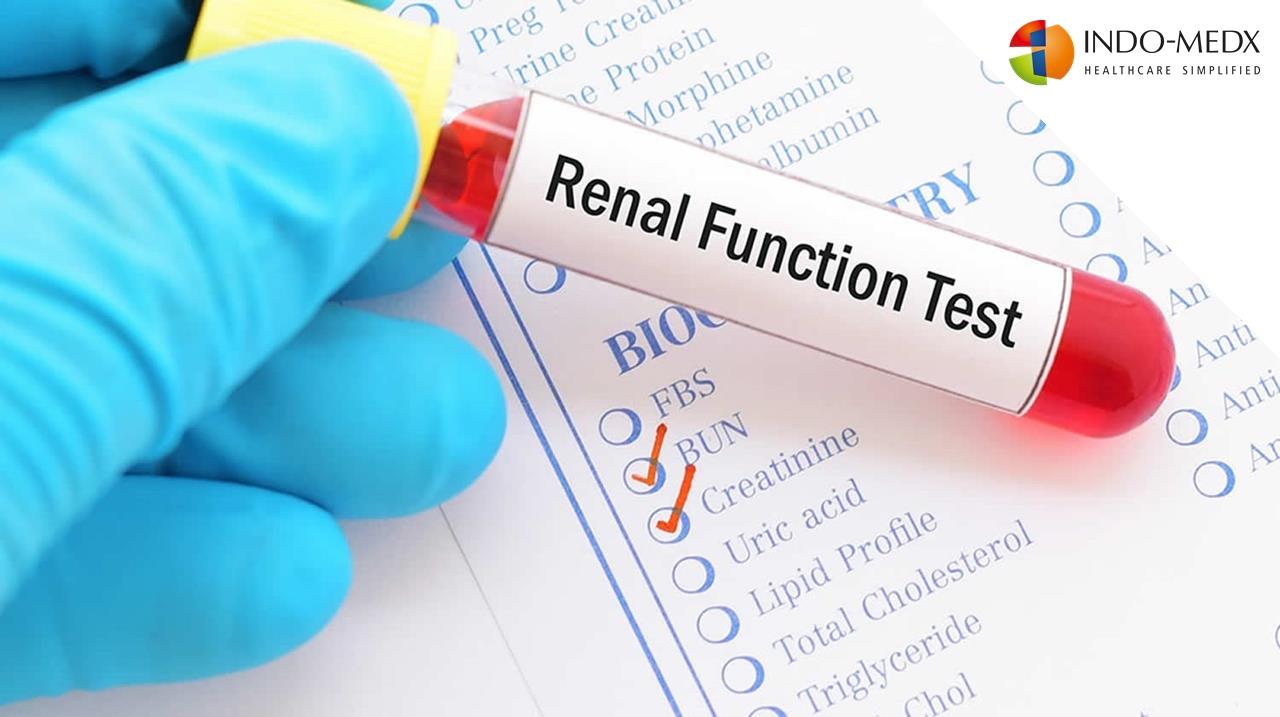
Apr 7, 2022
Blog
RENAL DISORDER
The renal disorder is mainly related to kidney disease. kidneys are 2 bean-shaped organs, each about the size of a fist. They are found in your back on either side of the spine. Kidneys are mainly responsible for filtering waste products, excess water, and other impurities out of the blood. They also regulate pH, salt, and potassium levels in the body and produce hormones that regulate blood pressure and control the production of red blood cells.
Kidney Damage may be caused due to diabetes, high blood pressure, and various other chronic (long-term) conditions. Kidney disease can lead to other health problems, such as weak bones, nerve damage, and malnutrition. If the disease gets worse over time, your kidneys may stop working completely.
SYMPTOMS
The following symptoms are early warning signs that you might be developing kidney disease:
· Muscle cramping.
· Swollen feet/ ankles.
· Puffiness around the eyes in the morning.
· Dry, scaly skin.
· Frequent urination.
Severe symptoms which could mean that your kidney disease is progressing into kidney failure include:
· Nausea/ vomiting.
· Changes in urine output.
· Fluid retention.
· Anemia.
· Sudden rise in potassium levels.
TYPES OF KIDNEY DISORDER OR RENAL DISORDER
· Chronic kidney disease
The most common form of kidney disease is chronic kidney disease. Chronic kidney disease is a long-term condition that doesn’t improve over time. It’s commonly caused due to high blood pressure. Kidney function will eventually deteriorate to the point where the kidneys can no longer perform their job properly and the patient may need dialysis.
· Kidney stones
Kidney stones are another common kidney problem. They occur when minerals and other substances in the blood crystallize in the kidneys, forming solid masses (stones). Kidney stones usually come out of the body during urination.
· Polycystic kidney disease
Polycystic kidney disease is a genetic disorder that causes numerous cysts (small sacs of fluid) to grow in the kidneys. These cysts can interfere with kidney function and cause kidney failure.
· Urinary tract infections
Urinary Tract infections (UTIs) are bacterial infections of any part of the urinary system. Infections in the bladder and urethra are the most common.
TREATMENT OF END STAGE KIDNEY DISEASE
KIDNEY DIALYSIS
Dialysis artificially removes waste products and extra fluid from your blood when your kidneys can no longer do this. In hemodialysis, a machine filters waste and excess fluids from your blood. In peritoneal dialysis, a thin tube inserted into your abdomen fills your abdominal cavity with a dialysis solution that absorbs waste and excess fluids. After some time, the dialysis solution drains from your body, carrying the waste with it.
KIDNEY TRANSPLANT
A kidney transplant is a surgical procedure to place a healthy kidney from a living or deceased donor into a person whose kidneys no longer function properly. When your kidneys lose its filtering ability, harmful levels of fluid and waste accumulate in your body, which can raise your blood pressure and result in kidney failure (end-stage kidney disease). The end-stage renal disease occurs when the kidneys have lost about 90% of their ability to function normally. A kidney transplant can treat chronic kidney disease or end-stage renal disease to help you feel better and live longer.
PREVENTING CHRONIC KIDNEY DISEASE
You can protect your kidneys by preventing or managing health conditions that cause kidney damage. Here are a few health tips to keep your kidneys healthy:
· Make healthy food choices
· Make physical activity a part of your routine
· Get enough sleep
· Stop smoking
· Limit alcohol intake
· Explore stress-reducing activities
· Manage diabetes, high blood pressure, and heart disease
The important renal function parameters are urea (BUN), creatinine (CREAT), sodium (NA), potassium (K), chloride (CL), calcium (CA), inorganic phosphorus (PHOS) and uric acid (UA). With the help of AuraCHEM (Biochemistry analyzer), INDO-MEDX provides the best quality equipment in which renal parameters can be detected.
AuraCHEM is a true semi-automated biochemistry & coagulation analyzer with superior technology and convenience, designed to deliver highly accurate and quality results with the least turnaround time and low maintenance. Parameters such as urea, creatinine, calcium, amylase, and other parameters can be found.
The multi-purpose analyzer is used in Clinical chemistry, Turbidimetry and Coagulation and contains an in-built Incubator. With better visibility & easy operations through a wide touch colour display supported by Mouse, Keyboard, and Barcode Reader facility, it is very easy to use.
